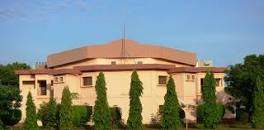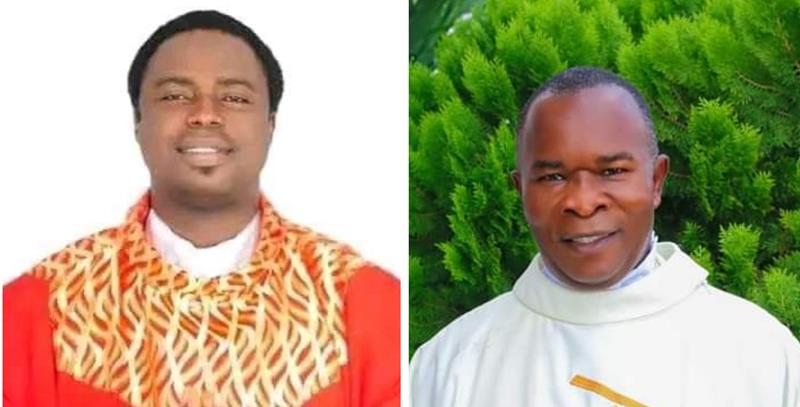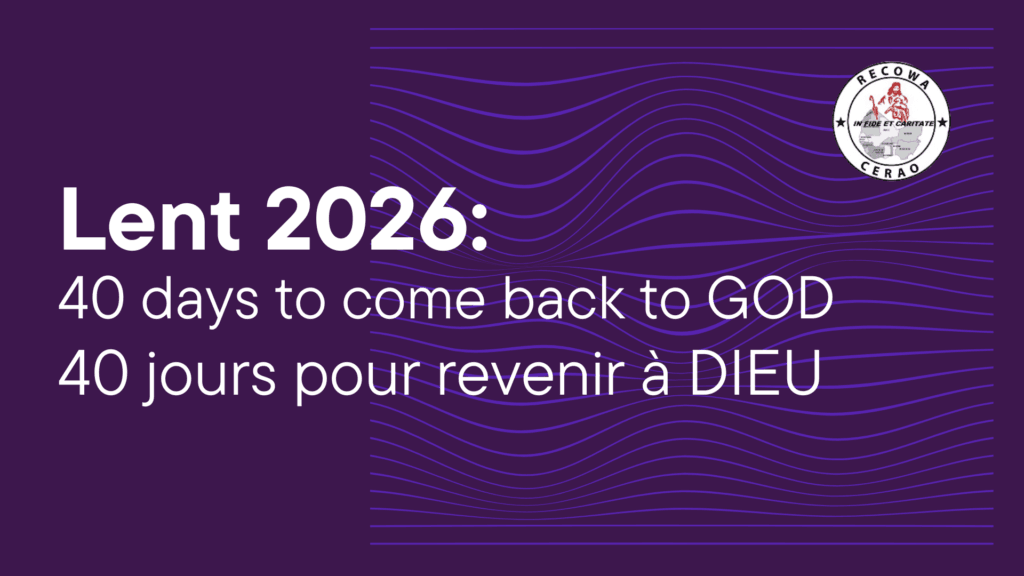The church in Africa has continued to respond affirmatively to the regular call by the Holy Father for the ongoing formation of the Evangelizers.
From January 28 to February 1, 2020, the Cardinal Paul Zoungrana national center in Ouagadougou is hosting a continental symposium on the Ad Gentes mission for French-speaking Africa. Bishops, priests, religious, lay people came from nearly fifteen countries for the occasion. Several conferences are held around the central theme: « Witnessing, announcing and celebrating faith in the mission of evangelization in Africa today ».
On November 30, 1919, Pope Benedict XV published an apostolic letter entitled Maximum illud. It dealt with Catholic missions after the First World War, advocating their development and better training of local clergy.
Since January 28, a continental conference has been held in Ouagadougou to mark the centenary of this text. Organized by the Pontifical Missionary Union and the Pontifical Missionary Works, it proposes to reflect on the theological, biblical, socioanthropological and pastoral questions raised by missionary practice in French-speaking African countries. Among the speakers at this conference, Fathers Mathieu Sama from Burkina Faso and Amadou Kisito Togo from Mali led a round table on January 28 on peace, the Christian faith and religious extremism in Africa.
“Two major events bear witness to the human commitment to peace: each year, January 1, is celebrated within the Catholic Church the World Day of Peace, instituted by Pope Benedict VI in 1968; then each year, September 21 is celebrated, the International Day of Peace created in 1981 by the United Nations, ”said Father Mathieu Sama, doctor of philosophical studies and moral theology in his presentation. This priest of the diocese of Koudougou also noted that the greetings in several countries in Africa are requests, affirmations and wishes for peace. According to him, in majority religions on the continent, especially traditional religions, Christianity and Islam, peace appears there.
Christian faith and religious extremism
For his part, Father Amadou Kisito Togo began his intervention with an image of the church in Gao, in his country, whose crucifix was uprooted by terrorists in 2012. This doctor in Church history, son of ‘an imam, did not fail to emphasize that the Catholic Church does not reject anything that is true in non-Christian religions.
After giving a history of the arrival of Islam in his native country, Father Togo spoke of the memory of the long peaceful coexistence between the homes of Islam and the vast regions faithful to the traditional African religion. For him, the fruit of this coexistence is an inculturation of Islam, a great tolerance and the acceptance of religious pluralism. But since 1991, various Islamic currents have asserted themselves and clashed in broad daylight in public sermons and in the local press.
For this defender of Islamic-Christian dialogue, “the important thing is to dialogue because the distrust comes from the fact that we don’t know each other; it grows due to miscommunication; it degenerates into crisis and violent conflict when it is exploited; passion and misunderstanding are open doors to religious intolerance wherever there is contempt.»
L’Église en Afrique a continué de répondre affirmativement à l’appel régulier du Saint-Père pour la formation continue des évangélisateurs
Du 28 janvier au 1er février 2020, le centre national Cardinal Paul Zoungrana de Ouagadougou accueille un colloque continental sur la mission Ad Gentes pour l’Afrique francophone. Des évêques, prêtres, religieux, religieuses et laïcs sont venus de près de quinze pays pour l’occasion. Plusieurs conférences se tiennent autour du thème central : « Témoigner, annoncer et célébrer la foi dans la mission d’évangélisation en Afrique aujourd’hui ».
Le 30 novembre 1919, le pape Benoît XV publiait une lettre apostolique intitulée Maximum illud. Elle traitait des missions catholiques après la Première Guerre mondiale, prônant leur développement et une meilleure formation des clergés locaux.
Depuis le 28 janvier, se tient à Ouagadougou un colloque continental pour marquer le centenaire de ce texte. Organisé par l’Union pontificale missionnaire et les Œuvres pontificales missionnaires, il propose de réfléchir sur les questions théologiques, bibliques, socioanthropologiques, pastorales que soulève la pratique missionnaire dans les pays francophones d’Afrique. Parmi les intervenants à ce colloque, les pères Mathieu Sama, du Burkina Faso et Amadou Kisito Togo du Mali ont animé, le 28 janvier, une table ronde sur la paix, la foi chrétienne et l’extrémisme religieux en Afrique.
« Deux événements majeurs témoignent de l’engagement humain pour la paix : chaque année, le 1er janvier, est célébrée au sein de l’Église catholique la Journée mondiale de la paix, instituée par le pape Benoît VI en 1968 ; puis chaque année, est célébrée le 21 septembre, la Journée internationale de la paix créée en 1981 par les Nations Unies », a fait remarquer le père Mathieu Sama, docteur en études philosophiques et théologie morale dans sa présentation. Ce prêtre du diocèse de Koudougou a, par ailleurs, relevé que les salutations dans plusieurs pays en Afrique sont des demandes, des affirmations et des souhaits de paix. Selon lui, dans les religions majoritaires sur le continent, notamment les religions traditionnelles, le christianisme et l’islam, la paix y apparaît.
Foi chrétienne et extrémisme religieux
Pour sa part, le père Amadou Kisito Togo a commencé son intervention par une image de l’église de Gao, dans son pays, dont le crucifix a été arraché par des terroristes en 2012. Ce docteur en histoire de l’Église, fils d’un imam, n’a pas manqué de souligner que l’Église catholique ne rejette rien de ce qui est vrai dans les religions non chrétiennes.
Après avoir fait l’historique de l’arrivée de l’islam dans son pays natal, le père Togo a évoqué le souvenir de la longue cohabitation pacifique entre les foyers de l’islam et les vastes régions fidèles à la religion traditionnelle africaine. Pour lui, le fruit de cette cohabitation est une inculturation de l’islam, une grande tolérance et l’acceptation du pluralisme religieux. Mais depuis 1991, divers courants islamiques s’affirment et s’affrontent au grand jour dans les prêches publics et dans la presse locale.
Pour ce défenseur dialogue islamo-chrétien, « l’important est de dialoguer car la méfiance vient du fait qu’on ne se connaît pas ; elle grandit en raison de la mauvaise communication ; elle dégénère en crise et en conflit violent lorsqu’elle est instrumentalisée ; la passion et l’incompréhension sont des portes ouvertes vers l’intolérance religieuse partout où l’on se montre méprisant. »
- CATHOLIC ARCHBISHOP IN GHANA HAILS POPE LEO XIV AS GOD’S GIFT - 23 mai 2025
- POPE LEO XIV TO APPROVE CANONIZATIONS - 22 mai 2025
- THE EVOLUTION OF PAPAL TRANSPORTATION - 20 mai 2025







